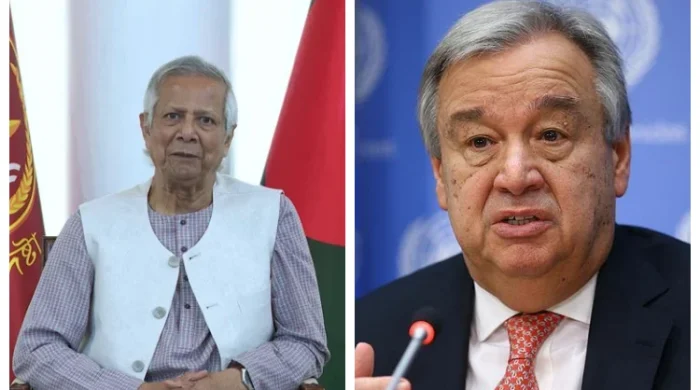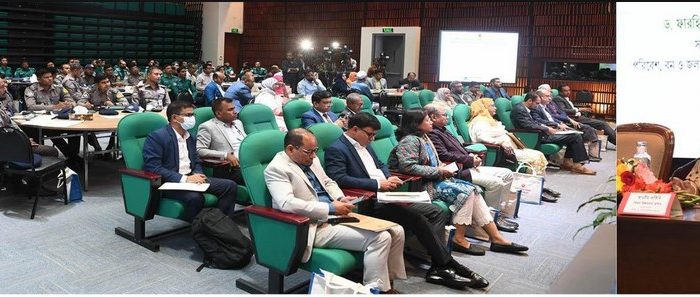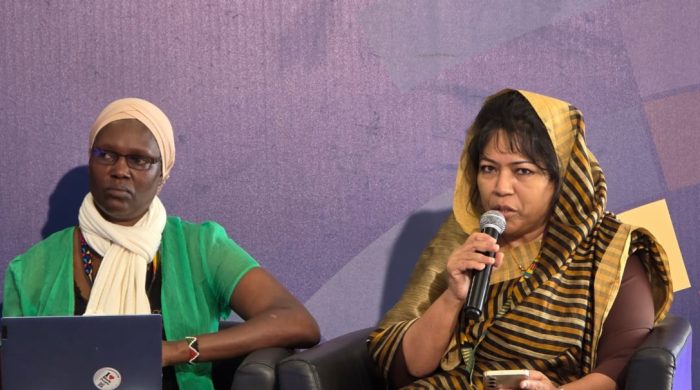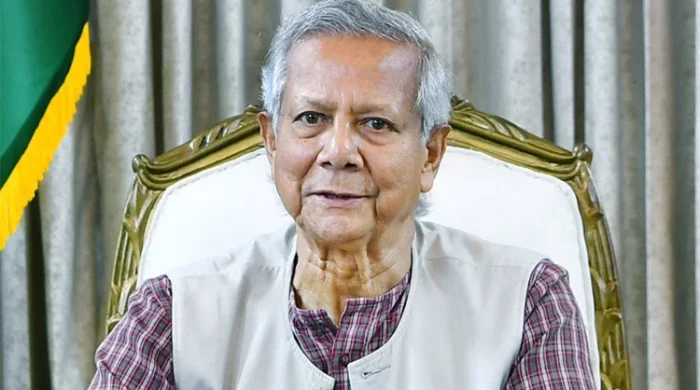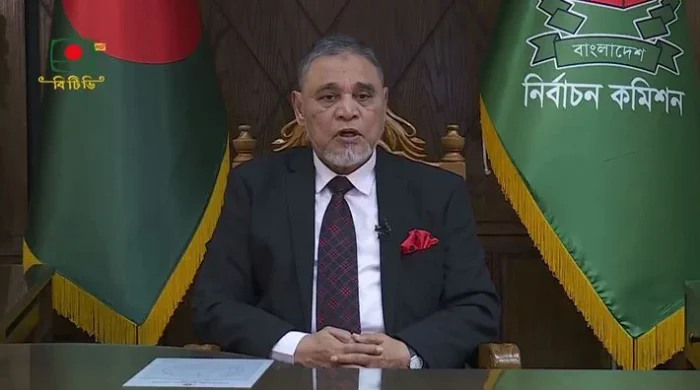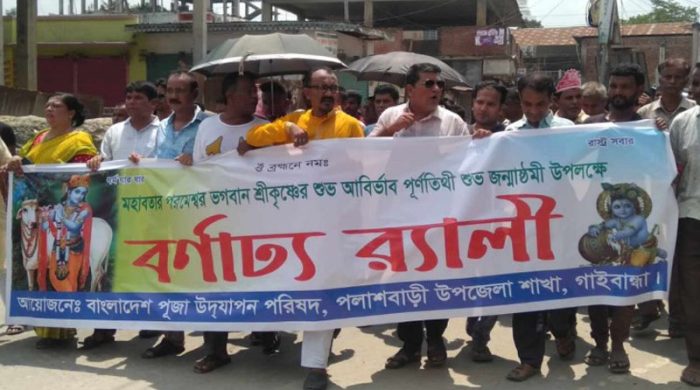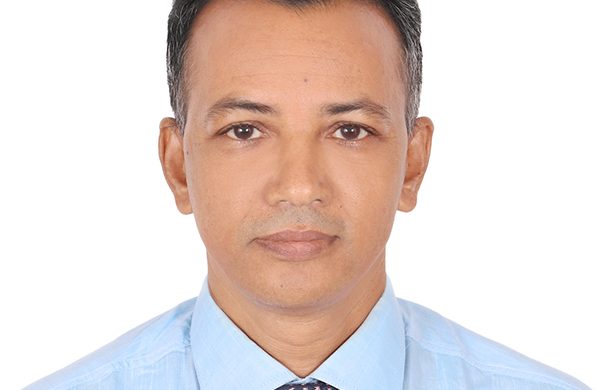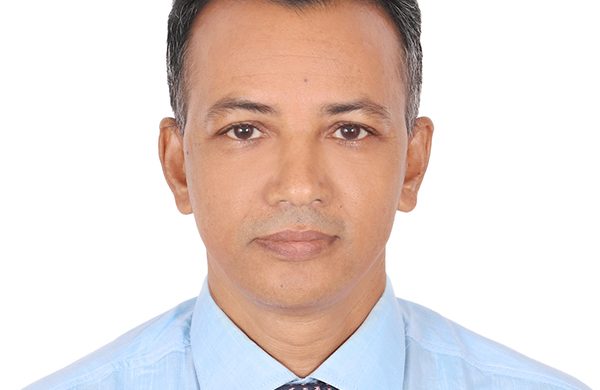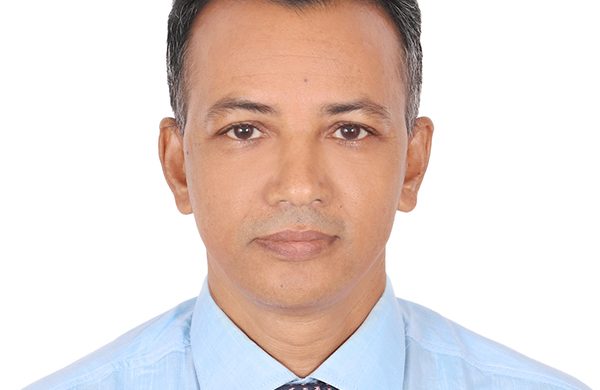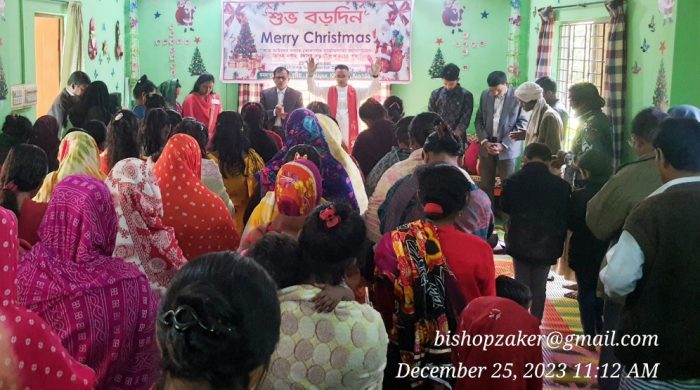Editor’s Council wants suspension of all pending laws against free journalism
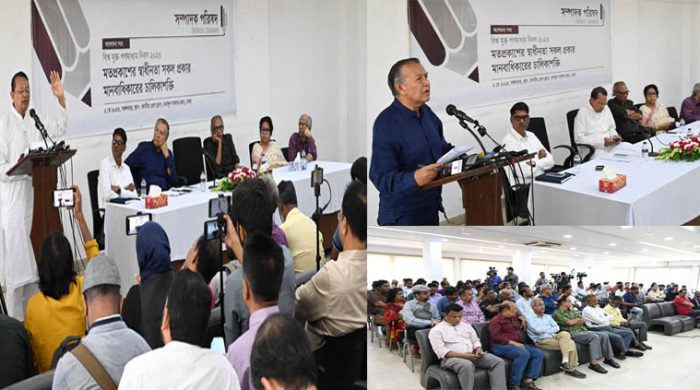
Dhaka/
The editors’ council demanded the repeal of the Digital Security Act. Along with this, this association of newspaper editors demanded immediate suspension of all pending laws against free journalism.
On the occasion of the World Free Media Day, the discussion meeting of the editors’ council at the National Press Club in the capital on Tuesday said that the Digital Security Act is an obstacle in the way of free media and free expression. However, in Article 39 of the Constitution, citizens are given the freedom to think freely and express their opinions freely.
The theme of this year’s celebration of this day declared by the United Nations UNESCO is ‘Freedom of expression is the driving force of all human rights’ – Chairman of the editorial board and editor of Daily Star Mahfuz Anam presided over this discussion. Hasanul Haque Inu, President of the Parliamentary Standing Committee on Ministry of Information and Broadcasting and former Information Minister, spoke as a guest. Ittefaq editor Tasmima Hossain, Samakal editor Mozammel Hossain, New Age editor Nurul Kabir, former president of Bangladesh Federal Union of Journalists Manjurul Ahsan Bulbul, Financial Express editor Shamsul Haque Zahid, Prothom Alo managing editor Anisul Haque and Desh Manwaran acting editor Mustafa Mamun participated in the discussion. The program was moderated by General Secretary of the Editor Council and Merchant News Editor Dewan Hanif Mahmud. Among others, Prothom Alo editor Matiur Rahman was present at the event.
Mahfuz Anam in the President’s speech urged the journalists not to deviate from the ethics of journalism. He said that a total of 9 different sections of the law, including the Digital Security Act, are obstacles in the way of media freedom. Four more new laws are in process. The editorial council did not get the draft of the Press Council Act even after officially asking for it. He presented four demands on behalf of the editorial board. The demands are – 1. Suspend the process of the pending laws against free and independent journalism. Exclude from the Act the provisions that may hinder independent journalism. 2. The Digital Security Act should be repealed. If there is any hindrance of the government in canceling it, then such a clause should be added, where it will be said – this law does not apply to the media, independent journalism and freedom of expression. The cases that have been filed till date due to journalism should be withdrawn and the arrested journalists should be released. 3. The atmosphere of fear that has been created should be removed by the government. 4. A new law can be made to protect journalism, which is within the spirit of the Constitution.
Jasd president Hasanul Haque Inu said in his discussion that misuse of digital security law should be stopped. Until it can be stopped, corrected, filed a case subject to the permission of the Home Minister. You can’t arrest him and send him to jail after receiving a complaint. There should be a right to bail. And of course the Digital Security Act needs to be reviewed and amended. It is not right to hang it. He called for reforming the security provisions of the cyber world and making it media-friendly by amending the Digital Security Act, saying that ensuring freedom in the media cannot be negotiated. Security in the digital world is also non-negotiable. Must have both. Provision of security in the digital world must also be made. Full freedom of media should also be secured. At the same time freedom of speech must be secured.
Tasmima Hossain said that newspaper is the fourth pillar of the state. Journalism is not a crime. Now the environment is like this, I am afraid to say anything. Attempts to suppress the voice of the media have been going on since colonial times. It happened during British and even Pakistan period. Manik Mia was arrested and imprisoned in 1969. As things stand, even if constructive criticism is given, it falls on us. If you want to say the right thing, the voice is restrained. He said that most of those arrested and jailed under the Digital Security Act are journalists. But freedom of thought and conscience is given in the constitution.
Mozammel Hossain said that the implementation of digital security law is now misused. Children are also being intimidated by this law. A few days ago a judge in Bogra went to his daughter’s school and threatened to file a case against the classmate under this law. Later that judge was recalled. He said, in our lifetime, we have seen that we had to fight for the freedom of the press during the Pakistan period. We have gained the freedom of our country at great cost. Never thought, we have to fight for freedom of press again in independent Bangladesh. Professional journalists should be united and active to save journalism.
Nurul Kabir said. Dissent is never tolerated in one-party rule. An authoritarian government never tolerates criticism. So pleading will do no good; Claiming will not work. He said, freedom is not given to anyone. It has to be collected. In order to have democracy in the state, there must be freedom of media. Freedom of the press is most essential for democratic people.
Manjurul Ahsan Bulbul said that 27 percent of the Digital Security Act has been applied to journalists. 29 parts of the Act have various weaknesses and are contradictory. So the law should be amended and the PIB or any competent authority should be given the responsibility to look after the matters. He said, there may be political differences between us. However, for the needs of the profession, everyone must work together.
Shamsul Haque Zahid said that the freedom of the press is being taken away in two ways. One. Through the legal framework. Two. Through the division between journalists. Until this division is removed, the freedom of the press will not be guaranteed.
Anisul Haque said, freedom of expression is absolute, it does not come with any conditions. But freedom of expression in Bangladesh is conditional. If you go against the rulers, you are guilty.
Mustafa Mamun, Acting Editor of Desh Parwaran, said that readers and people are losing trust in the media due to not being able to express their opinions freely. They are relying on social media.




